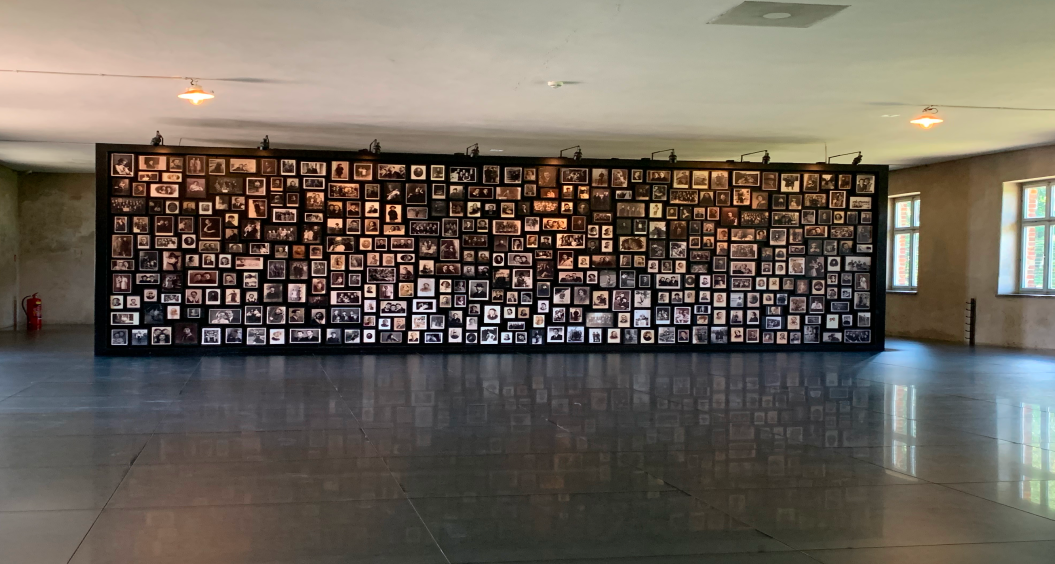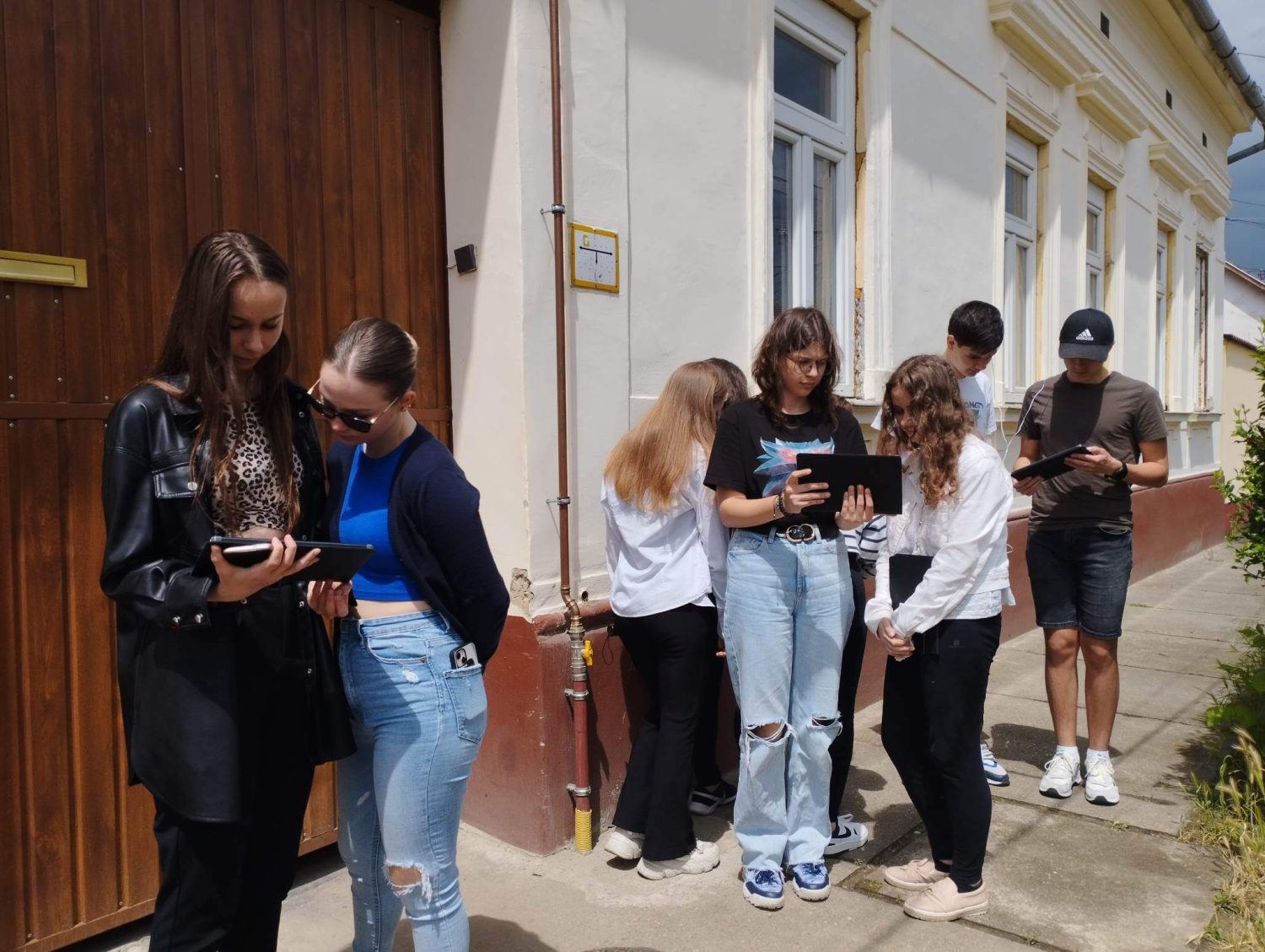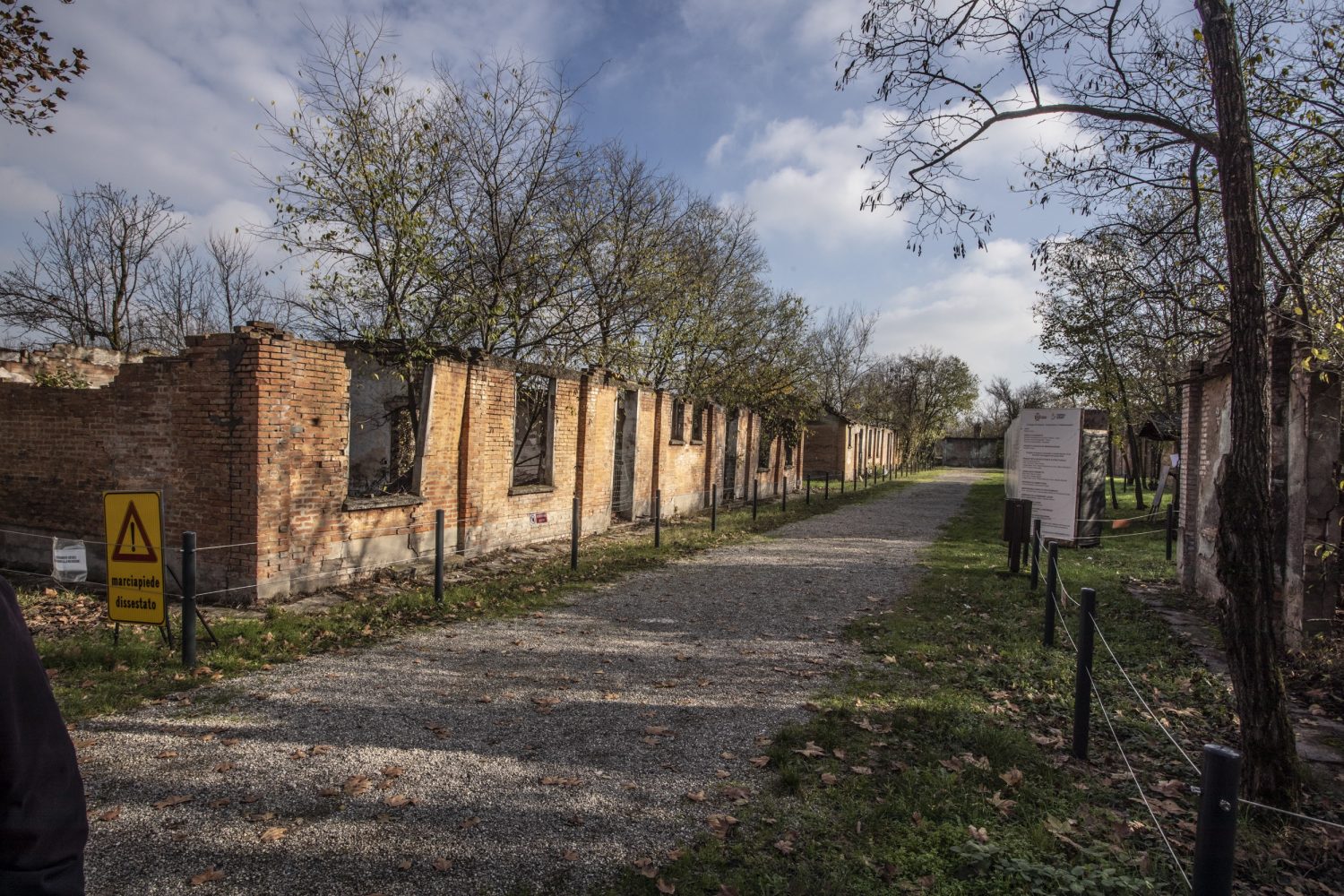


Handbook on Memory Laws: A necessary tool for safeguarding the memory of the Holocaust
How a forthcoming IHRA Handbook on Holocaust denial and distortion laws will aid in the understanding and application of these laws, by Michael Newman
On 27 January 2000, the 55th anniversary of the liberation of Auschwitz, representatives of almost 50 countries convened in Sweden to attend the Stockholm International Forum that paved the way for the Stockholm Declaration. Through a series of commitments, the governments that went on to form the International Holocaust Remembrance Alliance (IHRA) pledged to preserve the memory and uphold the truth of the Holocaust. Swedish Prime Minister Göran Persson fortified delegates by noting, “The future we are shaping now is the past that we will share tomorrow.”
Today, reference to and reminders of the Holocaust can be seen and heard almost everywhere. One need only consider the proliferation of Holocaust scholarship, Holocaust museums, and cultural products in the form of films, books, and television programs dedicated to the subject. The Holocaust also exerts a powerful influence on many of our shared political norms, such as in a number of important UN conventions, international law on the conduct of war, and growing international awareness of a responsibility to prevent genocide. Yet, this important, international, and shared history rests on maintaining awareness of the Holocaust as an historical event of considerable complexity.
One indicator of how the Holocaust is (or is not) framed in public consciousness, and the inviolability of its message, are the Holocaust denial laws on the statute books within and outside of the IHRA Member Countries that could be used as a resource to preserve truth, combat distortion and denial, and secure the record of the Holocaust.
IHRA Project on Holocaust Denial and Distortion Laws
To meet its commitments, the IHRA is developing a project to map memory and Holocaust denial laws that will facilitate an objective dialogue about the awareness, efficacy and deployment of such legislation.
The project will culminate in the production of a Handbook that draws on the considered views of leading authorities and acclaimed scholars and jurists, each of whom responded to a series of questions, including (but not limited to):
- whether their existence helps or hinders Holocaust remembrance
- how the laws are actually used
- whether such laws should be revised
Led by Robert Williams (USA) this project includes representatives from across IHRA delegations, including Suzanne Rutland (Australia), Brigitte Bailer (Austria), Oscar Österberg (Sweden) and Michael Newman (UK), as well as other members of the IHRA community.
Sign up to our newsletter to
receive the latest updates
By signing up to the IHRA newsletter, you agree to our Privacy Policy




